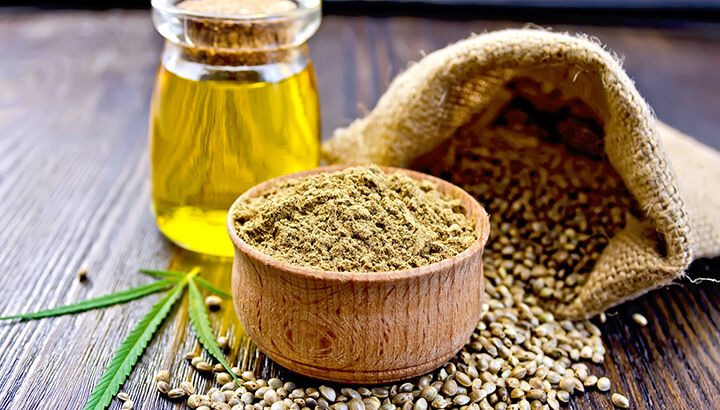06/08/2017 / By Isabelle Z.
Concerns about the link between the aluminum salts used in deodorant and breast cancer have hit a fever pitch in Switzerland, where a new bill was passed on May 5 that could ban the ingredient entirely. It will also fund further research into the role aluminum salts play in breast cancer. The bill won approval with a vote of 126 to 58.
While many have long suspected that such a link exists and studies with mice have supported this, Swiss scientists discovered last September that exposure to deodorants containing these salts triggers tumor growth. Most deodorants on the market contain aluminum salts, which are highly effective in getting rid of body odor and sweat.
Green MP Lisa Mazzone, who proposed the bill, said that the research carried out by University of Geneva scientists has led to “sufficient doubt” about the safety of the salts. Although most of the studies have only looked at how the salts affect the breast tissue of mice and have not been replicated in humans, Mazzone thinks they should be outlawed as a “precautionary” measure.
The aluminum compounds found in antiperspirants temporarily block your sweat glands, and they can build up in your breast tissue, creating estrogen-like effects. The University of Geneva study involved isolated human mammary cells, and the results were later replicated in studies with mice. They found that long-term exposure to aluminum salts in deodorants created tumors that metastasized.
Study co-author Andre-Pascal Sappino said that injecting the salts into mice caused “very aggressive tumors” to form. Sappino advised people to stop using these deodorants, but he added that it’s hard to know for sure if deodorants that market themselves as being without aluminum are truly free of the substance. That’s why it’s important to buy your aluminum-free deodorant from trusted sources, like the Health Ranger Store.
You can also make your own deodorant using natural ingredients, and there are plenty of recipes available to guide you. All-natural deodorants typically include ingredients like organic unrefined coconut oil, pure cocoa butter, corn starch, and essential oils like peppermint or tea tree oil. Some people report good results simply by applying apple cider vinegar or lemon juice to their underarms after showering, and many report that adopting a healthy diet and staying hydrated has gotten rid of body odor issues entirely.
Dr. Sappino suspects that the cosmetics industry will react to the findings much in the way that the tobacco industry reacted at first to studies linking cigarettes to cancer. Their dismissive attitude cost countless people their lives.
Previous studies have linked these same aluminum salts to Alzheimer’s and other types of dementia, and this is believed to be due to their ability to cross the blood-brain barrier and build up in the brain over time. In fact, the Journal of Alzheimer’s Disease published a review that called aluminum the biggest avoidable factor that is related to dementia.
Sweating is good for you
While some people criticize the aluminum-free deodorants for being less effective, a little bit of sweat is a small sacrifice to make to decrease your risk of getting cancer or dementia. When you think about it, stopping sweat from leaving your body cannot actually be good for you. In fact, sweating benefits your body by allowing it to release toxins. Scientists from the University of Edinburgh have found that a natural antibiotic is produced by our skin when we perspire. Known as dermcidin, it can destroy dangerous pathogens like tuberculosis germs. This just goes to show you that it’s hard to go wrong when you let nature work its magic.
Sources include:
DailyMail.co.uk
TheLocal.ch
NaturalNews.com
NaturalNews.com
NaturalNews.com





















